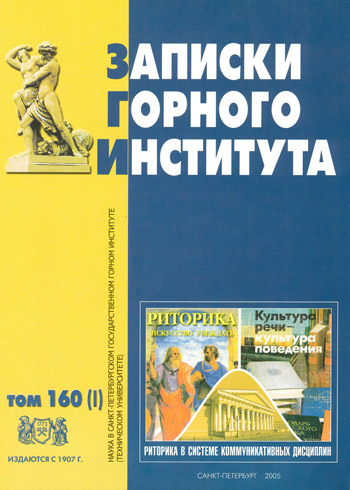Genesis of the rhetorical category colloquiality: colloquial speech and small talk of A.S. Pushkin and his friendly circle
- North-West Academy of Public Service
Abstract
In the history of Russian literature and Russian literary language A.S. Pushkin plays the role of a powerful impulse that determined all subsequent directions of their development. Pushkin's reform of the literary language had a decisive influence on the development of literary language styles, it marked the first stage of the formation of the aesthetic and rhetorical category of colloquialism and thus created the foundation for the formation of an elitist type of speech culture, the most vivid embodiment of which was the linguistic personality of A.S. Pushkin himself. Therefore, the reference to the colloquial speech of A.S. Pushkin and his entourage is of fundamental importance for our study: it helps to clarify the nature of such an important category for rhetoric as colloquiality; to clarify the criteria of the expedient and permissible; to reveal the content of the cultural memory of modern speakers of elitist speech culture, the role of the traditions of Russian speech culture in their linguistic consciousness.
